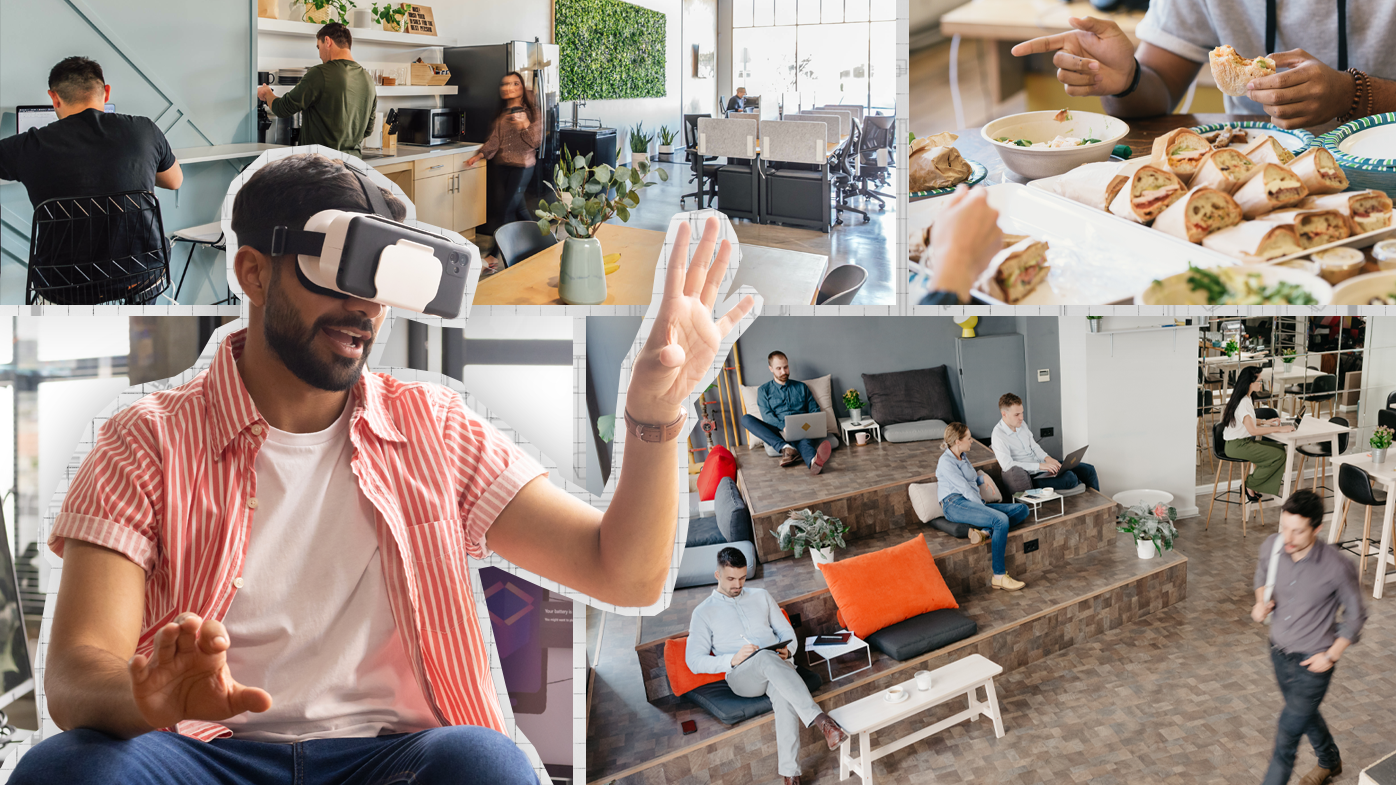
The tumultuous COVID-era and a fresh wave of return-to-office orders have reshaped the landscape of Australian workplace culture.
It seems remote work is here to stay even as some companies continue to push back against it.
But what will the average Australian office look like in decades to come?
READ MORE: How Australia’s new ‘right to disconnect’ rules apply to you
Scientific futurist Dr Catherine Ball has her finger on the pulse of rapidly evolving technology.
She told 9news.com.au workplaces in Australia will likely never ditch the in-office culture.
“Workplaces are going to go a few ways, as we move to the three-day working week (enabled with technology), but ultimately the place of the office in work culture will remain relevant,” Ball explained.
Employees will need extra benefits to entice them to apply for semi-permanent in-office jobs though, Ball said.
There will still be a huge rise in companies offering fully remote work, so businesses will be required to adapt.
“Mixed-use spaces, fast internet, and even free food will become standard – not just something you find at a Google office,” she said.
“Some parts of work will still require team-work, and deep immersive headsets and the ‘internet of bodies’ devices will be used to simulate a physical gathering.”
Technology isn’t always linear and Ball predicts some resistance to overly tech-enabled offices during the next few decades.
She said there could be a shift where “analogue” knowledge and human interaction is valued more highly than digital collaboration.
Concentrated CBD areas are also set to transform as workplaces change.
READ MORE: How close is our planet to suffering the most catastrophic effects of climate change?
Ball predicts Australian cities will look to the Japan-style model of old office buildings being used to bridge the housing wealth gap.
She said it’s likely the government will look into “micro apartments”, which are widely used in densely-populated city areas across Japan.
“Our CBDs will become more mixed use as former offices get converted into micro-apartments, like Japan, [for] the younger population to actually have a shot at owning their own property” Ball said.
links to content on ABC
9News





